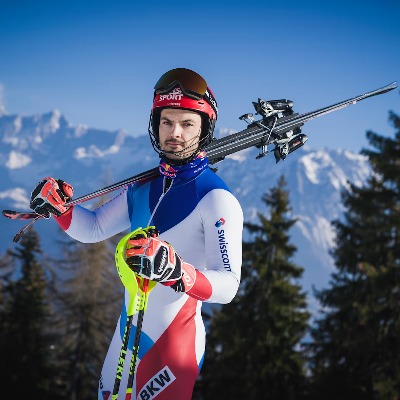Carinthian Cable Car Conference: More Speed With Alternative Energy Sources

The winter season is just around the corner and with it ski and mountain experiences for locals and tourists. The Carinthian cable car industry is well prepared, but sees exploding energy prices as a key issue for the future.
For months, the Carinthian Chamber of Commerce, led by President Jürgen Mandl, has been pushing for a decoupling of electricity and gas prices at European level and for the rapid expansion of alternative energies in Carinthia. The Carinthian cable car industry confirms this demand and demands more speed from the responsible departments in the state government. “Bookings for the winter season have already got off to a good start and we are expecting a stable winter. In any case, the demand for winter sports on the mountain is right. As gratifying as this development is despite the high inflation, the skyrocketing electricity costs are giving us problems,” reports Manuel Kapeller-Hopfgartner, chairman of the Cable Cars specialist group, and makes it clear: “With the energy cost subsidy, Austria currently only has an instrument that is very limited in time for the companies.
Alarming situation due to energy prices
The costs - electricity prices have sometimes increased eightfold, gas prices often twelvefold - result in an alarming situation. "I'm expecting more awareness of the problem at the state level and more support when it comes to alternative energies. We Carinthian cable cars are not the problem with our energy consumption, but would clearly be part of the solution," says Kapeller-Hopfgartner. Specifically, the chairman means the possibility that cable cars could become energy suppliers. "With wind power and photovoltaic systems, we could not only supply our business, but also our environment. The infrastructure in the ski areas is already in place, so even the smallest possible intervention in nature would be guaranteed,” suggests Kapeller-Hopfgartner.
However, there is a lack of support and the will of state politicians for implementation. Hardly anything has happened since the energy summit initiated by the Chamber of Commerce at the end of July. Kapeller-Hopfgartner: "A whole summer on the mountain has passed and in some cases ready-made alternative energy projects cannot be implemented because the task force promised to speed up the approval process has not yet been set up and an amendment to the relevant regional planning regulations is pending!" Chairman also the possibility of making photovoltaics permissible on open spaces with the dedication "grassland ski area" and not only - as currently anchored in the state ordinance - on grassland photovoltaics.
When will the energy transition become noticeable?
Economics Minister Sebastian Schuschnig emphasized at the specialist group conference that the energy transition must not remain lip service, rather all possibilities must now be exhausted in order to become regionally independent. "And with all determination and without taboos, because only if we radically accelerate and simplify the expansion of alternative energy projects can we achieve the energy transition and protect companies against the energy price explosion".
He therefore supports the demands of the cable car industry and is in favor of the expansion of open-space PV systems.
In the short term, however, a quick and unbureaucratic extension of the energy cost subsidy is necessary. "The economy and also the cable cars need planning security so that the exploding electricity costs do not destroy their business basis in the coming months. Two Corona winter seasons must not be followed by an energy crisis winter in tourism," warns Schuschnig. “The cable cars are an extremely important factor for Carinthian winter tourism and a value multiplier. You are willing to be a pioneer in investing in energy independence and have the concepts ready for you. It is now the task of politicians to provide them with the best possible support in the implementation so that the cable cars can become energy self-sufficient. Above all, this requires quick approvals, not subsidies.”
Winter sports should remain affordable
Even if the energy price increases become a heavy burden, the local cable cars are careful to ensure that winter sports on the mountain remain affordable. Specialist group chairman Kapeller-Hopfgartner emphasizes: “We are nature-oriented companies, so the economical use of resources has always been a matter of course. In the last ten years, for example, the cable car industry has saved around 20 percent of its energy consumption. For us in Carinthia it is important that, despite the high costs, we exhaust all possibilities to operate energy-efficiently without restricting our offers or increasing the lift ticket prices above average".
Current topics relating to the industry were discussed in exciting lectures.
- "Sustainability in all dimensions - social, ecological, economic - a MUST HAVE for the cable car industry" Peter Winkler, Cable Car Association and Ricarda Rubik, Cable Car Association
- "General revision" & "Fields of action for energy management in cable cars with energy optimization measures ", Ing. Christian Felder, MBA, Chair of the Technical Committee
- "Sustainable future of the Carinthian cable car industry" , Mag. Dipl.-Ing. Jürgen Petutschnig, Eb&p environmental office GmbH
- "Automated and energy-efficient communication based on sensors" , Kamran Kiafar, Industry Manager Mountain Railways & Urban Cableways, K-Businesscom AG














